President of Costa Rica Carlos Alvarado partially vetoed the country’s proposed medicinal cannabis bill on January 27, with the premise that the proposed language may put public health and safety in danger and leave rural areas particularly vulnerable.
This was a somewhat surprising response, considering the country's Congress approved the bill in October 2021, and Alvarado has been vocal about his support of medical cannabis and the benefits it may bring to the Costa Rican community.
However, the president hasn’t completely shot down the bill yet. Instead, Alvarado is asking that revisions be made to ensure the intent behind the bill remains focused on the health and wellbeing of medical cannabis patients.
Costa Rica’s President Vetoed Legal Medical Cannabis – But That Doesn’t Mean He’s Against It
Few things are grayer than legal cannabis, as we’ve seen both in Canada and across the U.S. So while it’s slightly discouraging for the bill to be put on hold for now, it’s refreshing to see a leader who actually seems to be working to make the industry available in a way that doesn’t cause any harm.
From sky-high taxes to a massively delayed license application process to persisting federal intervention, legal cannabis in the U.S. still has a long way to go, and until it gets there, the legacy market will continue to thrive and hinder legalization.
These drawbacks are concrete proof that legal cannabis can do more harm than good if it isn’t properly regulated, and Alvarado’s dedication to crafting a bill that makes sense for Costa Rica’s wellbeing is encouraging.
“I want to say categorically that I support medical cannabis. This is to alleviate people with various diseases, and I even have close and very dear people who need it,” Alvarado said in a statement.
“And I also support industrial hemp because it will help agricultural production and economic revival. Let’s make this very clear: I agree with all these objectives, and I want to be able to sign this law.”
So, what’s holding Alvarado back?
The president wants the bill’s language to change to limit individual cultivation and consumption – something that isn’t clearly addressed in the proposed law.
“I trust that [these changes] will be accepted and the law will be in force soon,” Alvarado said in an interview.
It will be interesting to see what the country’s government ultimately decides, and what the inevitable medical cannabis industry will look like in Costa Rica once it’s approved.
Alvarado’s intentions to keep the country safe and healthy are pure, but as we’ve seen from other regulation rollouts, it’s difficult to see how things will actually shake out once a cannabis bill has been approved.
Need a little more Bluntness in your life? Sign Up for our newsletter to stay in the loop.
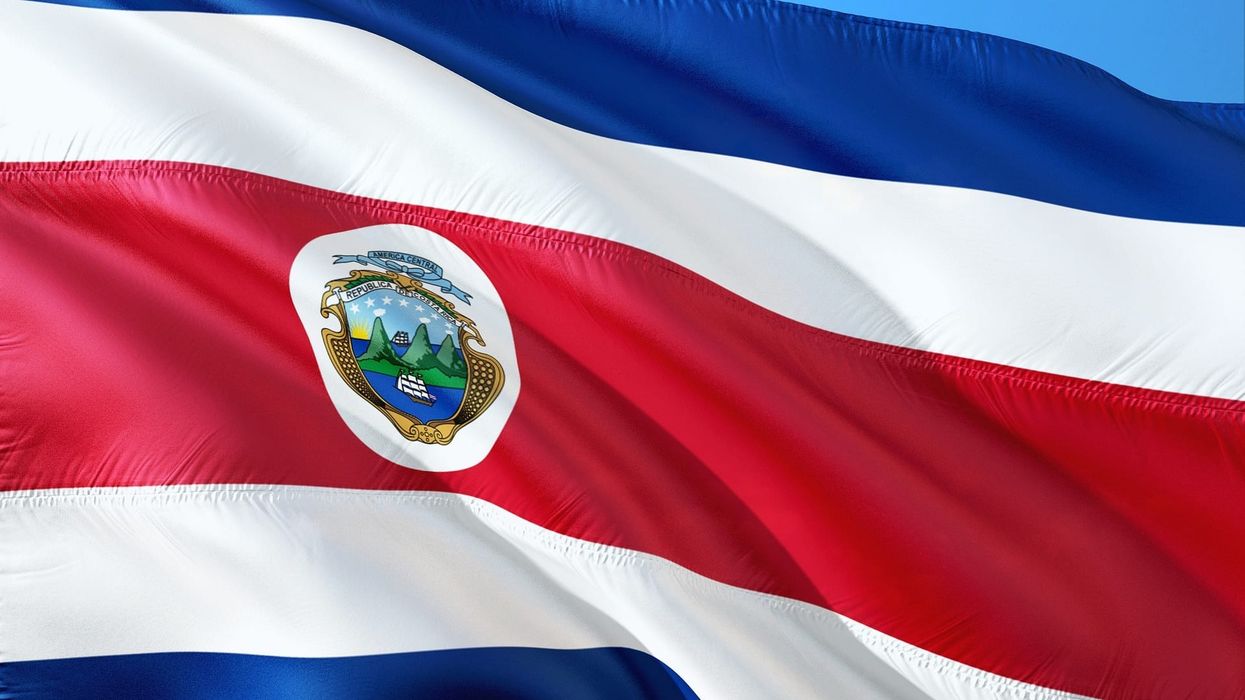













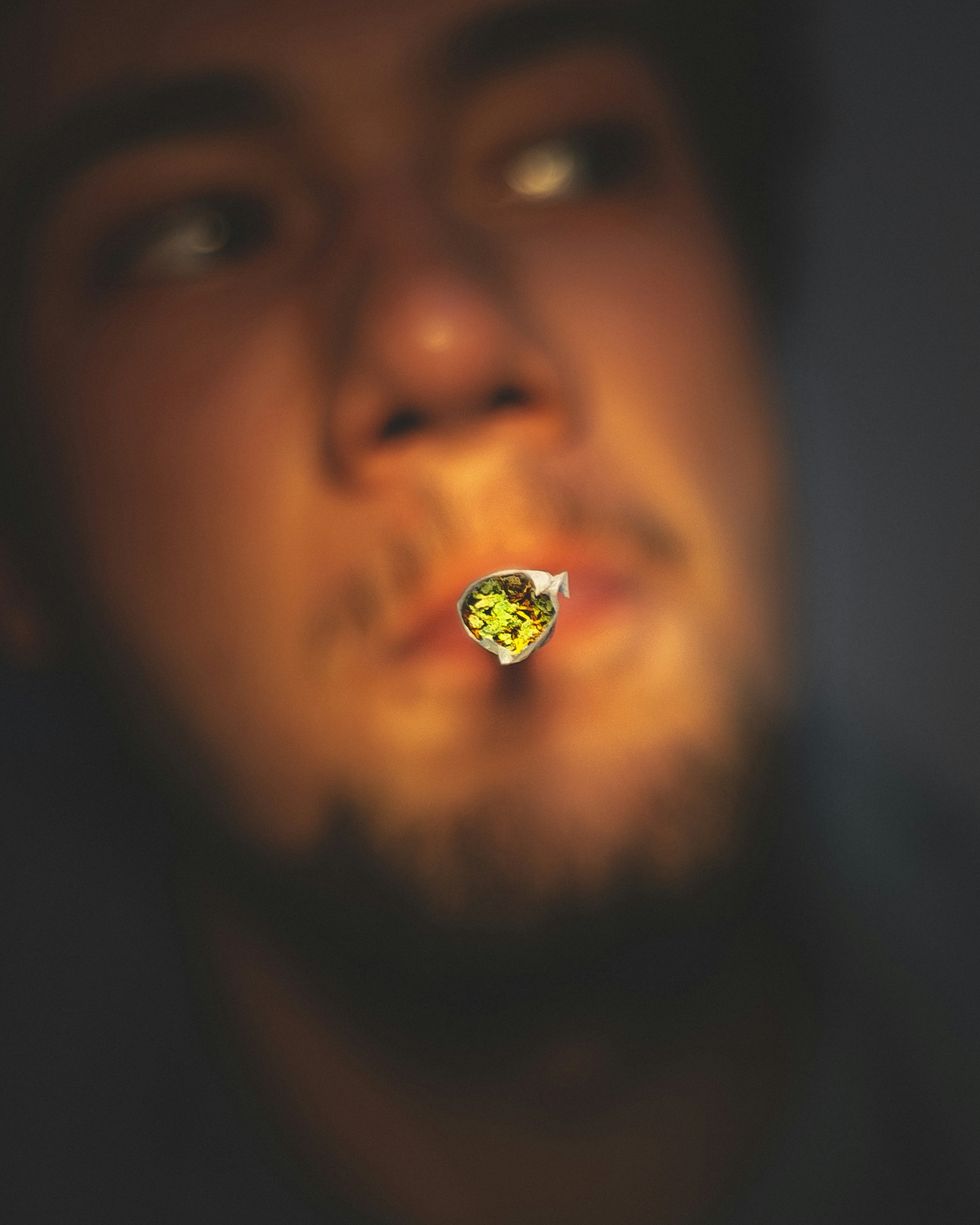 High-THC Weed Explored - The Bluntness Photo by
High-THC Weed Explored - The Bluntness Photo by 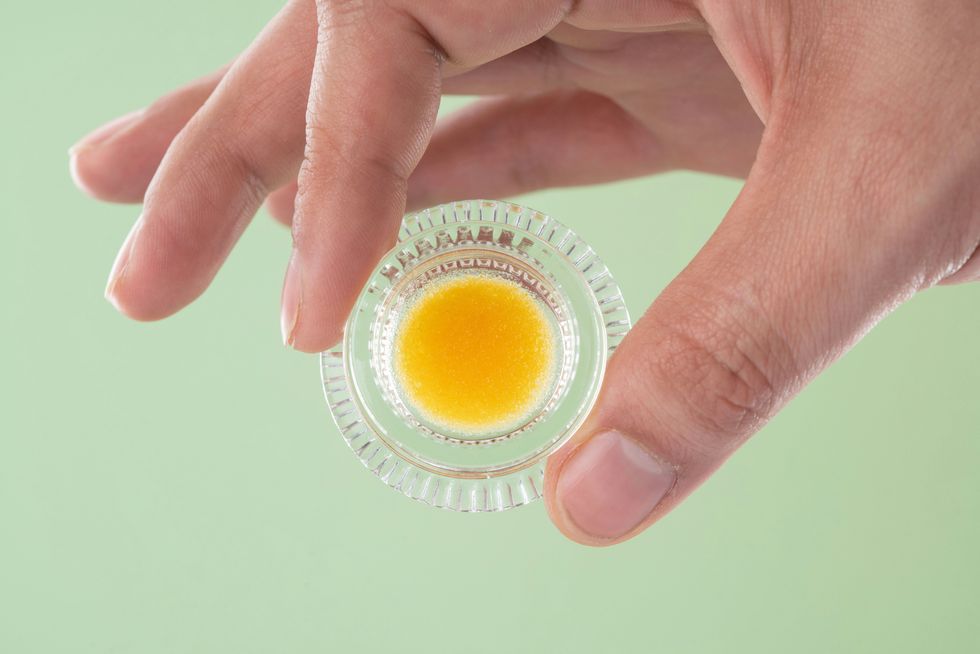 High-THC Weed Explored - The Bluntness Photo by
High-THC Weed Explored - The Bluntness Photo by  High-THC Weed Explored - The Bluntness Photo by Maria Fernanda Pissioli on Unsplash
High-THC Weed Explored - The Bluntness Photo by Maria Fernanda Pissioli on Unsplash 


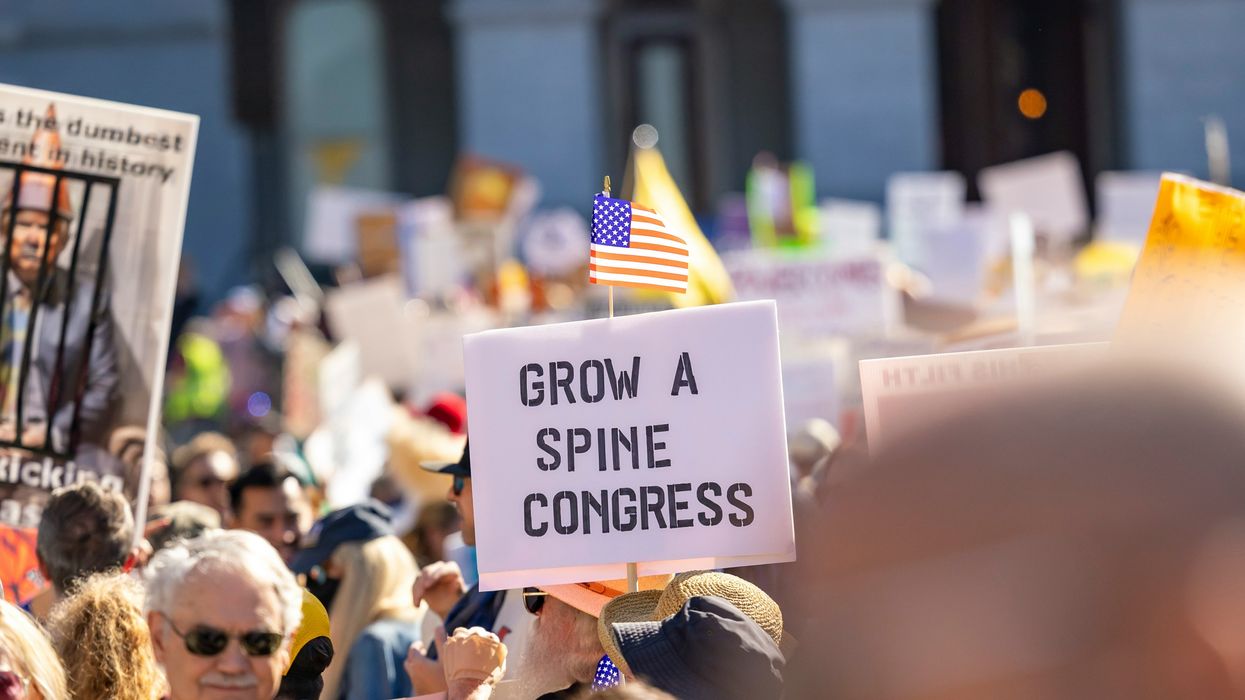
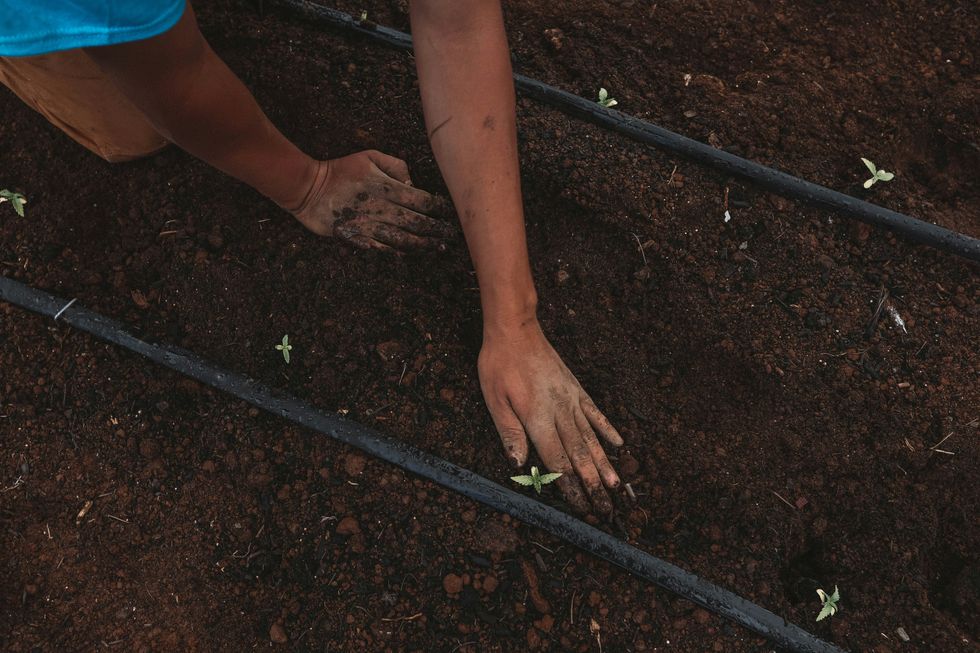 The Proposed Hemp Ban That Would Destroy a $28 Billion Success Story - The Bluntness Photo by
The Proposed Hemp Ban That Would Destroy a $28 Billion Success Story - The Bluntness Photo by